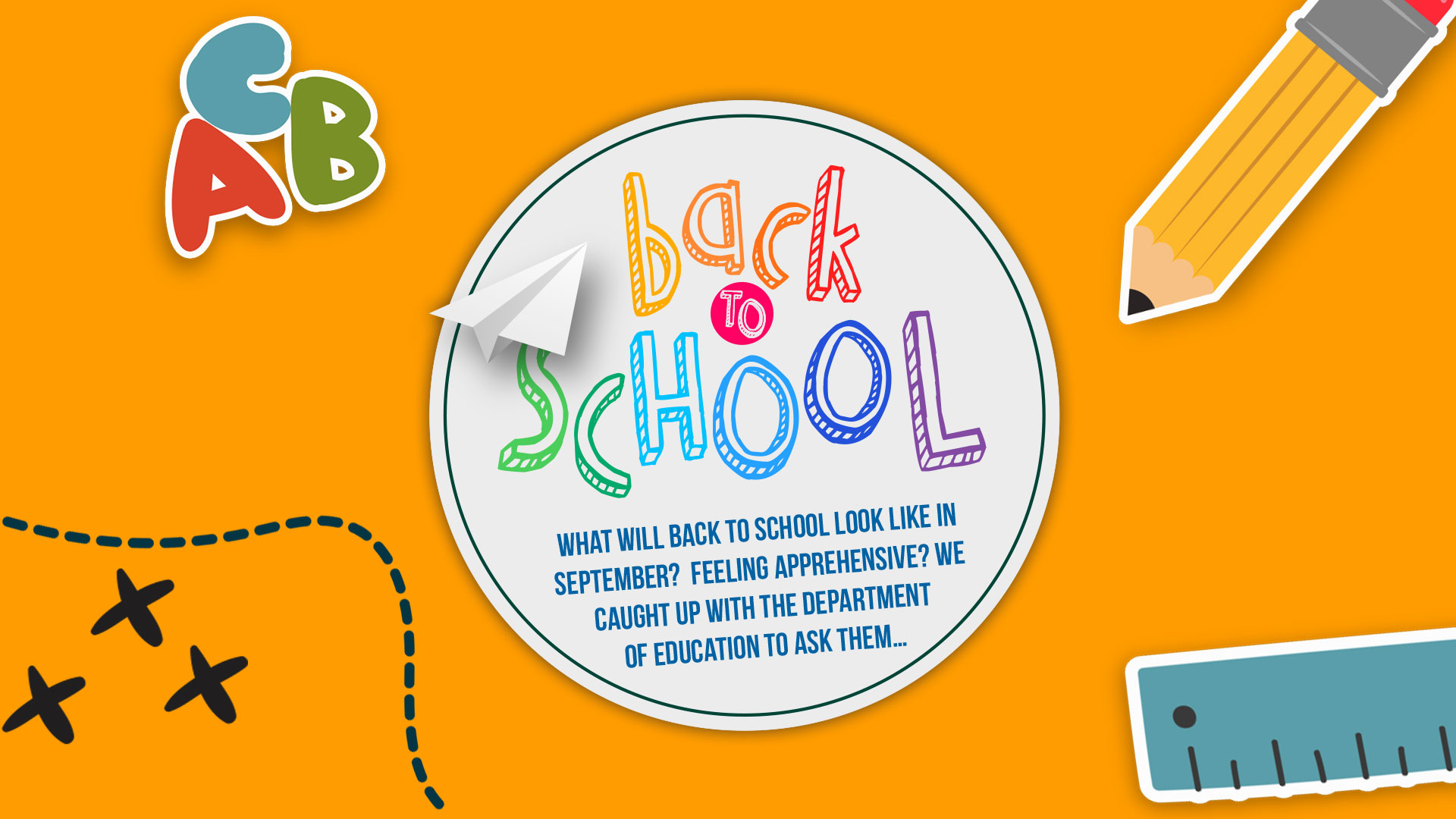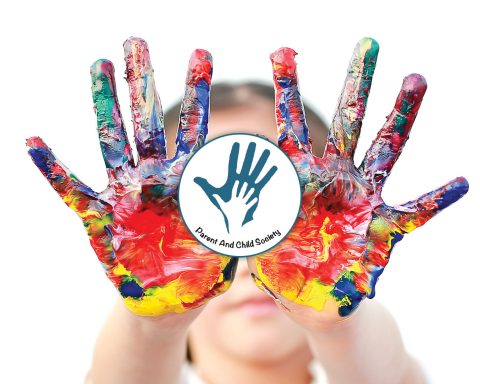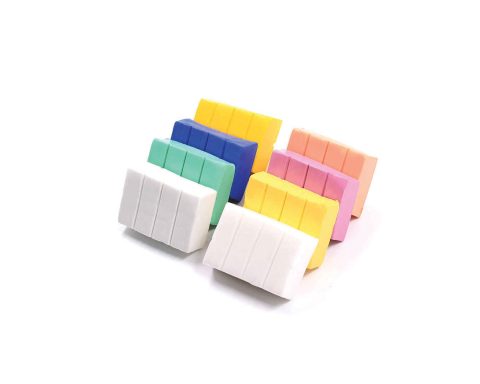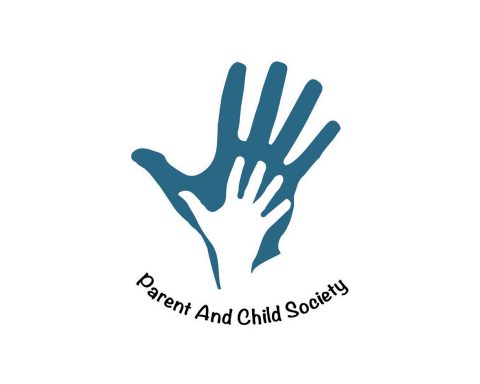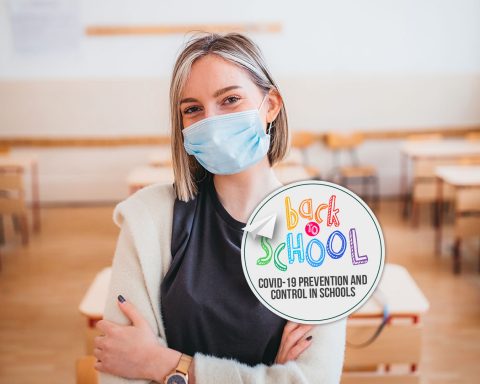1. Will all children in Gibraltar be going back to school at some point in September?
It is the Government’s intention to open all schools, for all children, in September. The school day will be, as far as is possible, of normal duration. There will be some changes to the timing of the school day to minimise the potential for congregations of people and we will implement staggered arrivals and dismissals to help with this. Specific details of the logistics for each school will be communicated to parents in due course.
2. What steps will schools be taking to help ensure the safety of students?
This will be done in full compliance with advice from the Director of Public Health. Naturally, the circumstances relating to COVID-19 nearer the time will have to be taken into account. However, given the low numbers of coronavirus infections in our community and current figures, there can be no justification in keeping children at home. We feel it is important to get children back into school and more of a normal routine to support their continuing learning journey.
As we have done for the phased reopening of schools as part of Unlock the Rock, the DofE will issue guidance on measures which will apply in all schools. This is expected to include staggered entry and exits for different year groups; staggered breaks; to the extent possible and where the curriculum allows keeping the same classes together throughout the day; special arrangements for lunchtime to avoid large gatherings; limiting access to schools to children and staff except by appointment; using thermal scanners and using one-way circulation routes where possible. Face masks and face shields will be made available to all staff who wish to use them. Staff who are involved in the intimate care of children or who have to change nappies will be provided with aprons and gloves. Our guidance document will be available on www.education.gov.gi.
4. What extra protective measures are being put in place?
We will continue to adopt the following measures, which were put in place when we opened schools in May:
- prioritise hand hygiene and make it a ritual at key points throughout the school day;
- promote good respiratory hygiene by reinforcing the “catch it, bin it, kill it” approach;
- have an enhanced cleaning regime in place, with particular focus on frequently touched surfaces / handles;
- ndividuals who feel unwell should not attend school. We ask parents to help us and ensure that any child who is unwell is kept at home until they recover. There will be protocols in place for staff to ensure that individuals who feel unwell do not report for work. It is important to minimise the contact with individuals who are unwell. We also have a protocol for staff to follow if a child begins to feel unwell over the course of the day, once they are in the school setting;
- our school routines will be organised to minimise contact between individuals and maintain social distance wherever possible. Social distancing will be managed in as practicable and sensible a way as is possible.
Given the circumstances of increased COVID-19 measures and with the focus of avoiding larger gatherings, HMGoG has also taken the view that school meals will not be offered in September. Parents of children in all schools will be advised to prepare a packed lunch for children.
5. How will schools support the mental health of students and combat any stigma against people who have been sick?
When children return to school in September there will be a significant focus on mental well-being. We recognise the different experiences children have had during the pandemic and are aware of the range of resulting emotional needs. Work will be carried out on helping children understand what has happened and what is happening in our community and, for older children, the wider world context will be explored at an appropriate level. Understanding is essential to reducing anxiety. Age-appropriate exploration of the virus itself, together with distinguishing between fact and myth, is also vital in reducing any potential stigma associated with coronavirus and with individuals who contract it. This said, at this moment in time, we have not felt there to be, within our school communities, any significant perception of stigma linked to the illness. Teachers will to be vigilant to children’s varying needs, as they always are. During the pandemic, many members of staff have engaged in additional online training and seminars. They have gained more knowledge and experience in areas such as loss and bereavement; school avoidance; trauma; self-harm; and anxiety. It’s important to note that when children return to school, work on emotional well being will continue to be built on strong foundations that have already been developed pre and during the pandemic.
Previous to COVID-19 the DofE had already embarked upon a major Mental Health Strategy (see Gibraltar Insight January 2020 – “Developing the Holistic Child”). The essence of the strategy was already being embedded into the ethos and practices in all of our schools. Although additional work needed to be done when the impact of the COVID-19 struck our community earlier this year, the progress already made was an extremely valuable springboard for the challenges the pandemic posed to mental and emotional well-being.
The DofE launched 2 initiatives at the end of March which were designed to support the mental health of students during this unprecedented time. Both the ‘Reach Out’ and the ‘Place to Talk’ initiatives have had and continue to have the common aim of providing children and families with an avenue of support during COVID. Both initiatives are still running. Counsellors remain available over the summer to advise students, teachers and parents; to liaise and to carry out multi-agency work.
The Reach Out initiative put teachers directly in contact with their students; to offer direct support or point them to appropriate avenues of support; and to assess and mitigate risk. The Reach Out initiative’s core strand consisted of a telephone strategy. Approximately 3,000 calls have been made to families across all sectors.
These are in addition to the thousands of interactions and online messages via Seesaw, Google classroom, Edmodo, emails and text messages through which school staff have communicated with parents and young people in our community. Most often teachers have provided a listening ear for parents and provided advice on children’s emotional well-being; on difficulties children were facing with the interruption to their routines; or on any challenges the child/family was encountering with the home learning programme.
The two other most frequent avenues of support that reach out directly to families and young people to were the Home Learning Team and the Care Agency Child protection teams. However, other avenues of support have included: the 111 helpline; the 41818 helpline; the Care Agency; the mental health team including contact with liaison nurses; the Civil Contingency repatriation team and borders and coastguards; the School counsellors; and the Educational psychologists.
The Reach Out initiative also recognised that during this period of increased anxiety, children not originally identified as at risk might also find themselves in needing support. Teachers have been vigilant to those not engaging in home learning platforms and followed up where deemed appropriate to ascertain whether or not the young person or family has experienced any difficulties could be supported with. Any child or parent who expressed concerns through the learning platform or via initiatives such as A Place to Talk have also been followed up on. The aim has been to try to retain a level of engagement, connection and communication with families and young people who usually rely on schools and on familiar individuals within schools for support. Throughout the pandemic, the DofE has worked with staff and other agencies to monitor the children and identify those more at risk. As these children became known, schools reached out to families and arrangements were made with the DofE for them to come back to school under extenuating circumstances.
Additionally, the Reach Out initiative has recognised the need to support teachers. In particular, the emotional impact that can result from working with vulnerable children has been recognised, especially during uncertain and anxiety-ridden times. After liaison with the COVID-19 Welfare team, a strategy for teachers was formulated to work in unison with the group’s Frontline Resilience Management initiative. The strategy aimed to both support teachers’ mental well-being during this emotionally challenging time and help them support children’s emotional well-being.
The Place to Talk initiative has acted as a signposting service and a forum through which the young community as well as their parents/guardians can reach out for emotional support and comes under the school counsellors.
The helpline was set up on 16 March 2020 on Facebook & Instagram, coming into operation on 24 March. The variety and channels of communication allowed students to communicate with counsellors in their preferred way.
During the pandemic, the Place to Talk team reached out to children and young people they were supporting before lockdown, who have been finding life difficult, not necessarily directly because of the pandemic but because some of their usual lines of support may not have been available to them during lockdown. Teaching staff have raised concerns about children and young people with school counsellors and where appropriate, the team has forged links with these students and families. If necessary the team has then made any relevant referrals to other agencies.
Parents have accessed Place to Talk not just to access support for their children due to mental distress but also to access support for themselves when struggling with the emotional impact that supporting their children at home has caused. Anxieties have been appeased around the expectations of home-learning, about the plans to return to school, about the education facility and the safety of children and young people in school. We are also aware of other agencies, outside school, who offer support to children who have problems they wish to share.
6. How will schools refer children who may need specialised support?
Schools will continue to use their established pathways of referral and will escalate matters that require intervention. School staff have already been doing their utmost to maintain contact with individuals identified as being at higher risk or more vulnerable to experiencing difficulties during the pandemic. It will be much easier to maintain contact and provide children and young people with support if they are actually attending school. Frequent and regular contact with trusted adults is a critical avenue of support for vulnerable children in our community.
The DofE has strong links with the GHA’s Mental Health team and key staff have been working throughout the summer to discuss cases and find the best support for students. We endeavour to ensure that referral pathways are established and clear.
7. Will any of the schools’ safeguarding and bullying policies change once schools start to re-open?
School practices and policies have been updated as necessary at all key stages throughout the pandemic. We will continue to ensure our practices reflect the latest advice from Public Health and are in keeping with best practice. Our safeguarding and anti-bullying policies will not necessarily change as a result of the developing situation with COVID-19, but they will be reviewed as a matter of course and school staff will be guided as to particular ways in which the pandemic might impact on the behaviour of children and young people. Guidelines will be given as to particular strategies that might prove to be more effective during these unprecedented times.
8. How can parents and students support school safety efforts?
Parents and students can help by listening carefully to all guidelines and instructions given and doing their utmost to comply with measures put in place. We need to work as a collective to ensure that schools continue to be safe and happy places for children. We feel strongly that all children need to be back in school and need to re-establish their learning routines. We will be prioritising the health and safety of all of our learners and all of our staff, whilst maintaining a keen focus on the learning journey. We ask parents to trust that our plans are based on expert advice and have the best interests of children in mind.

